Social-Emotional Learning and Self-Advocacy for Students with Disabilities

This study seeks to understand how teachers’ knowledge of socio-emotional learning translates to students with disabilities’ empowerment and participation in school, and how the COVID-19 pandemic has affected it. Using SEL To Build Students Up A school-wide approach to social-emotional learning (SEL) is beneficial to improve outcomes for all students. Students with learning needs may […]
Observation Studies in Special Education
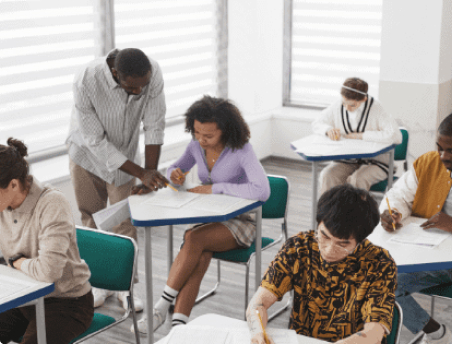
The purpose of the study is to understand the extent to which research based on observation provides compelling evidence to support common practices related to current observational research.
Recognizing and Unlearning Misconceptions in Education

We should be creating awareness of the existence of perpetuated educational psychology misconceptions and the lack of published literature on the effects of the spread of unjustified belief systems in K-12 teaching practices.
Providing Therapeutic Supports for Children in Schools: Are We Addressing Parental Needs Too?
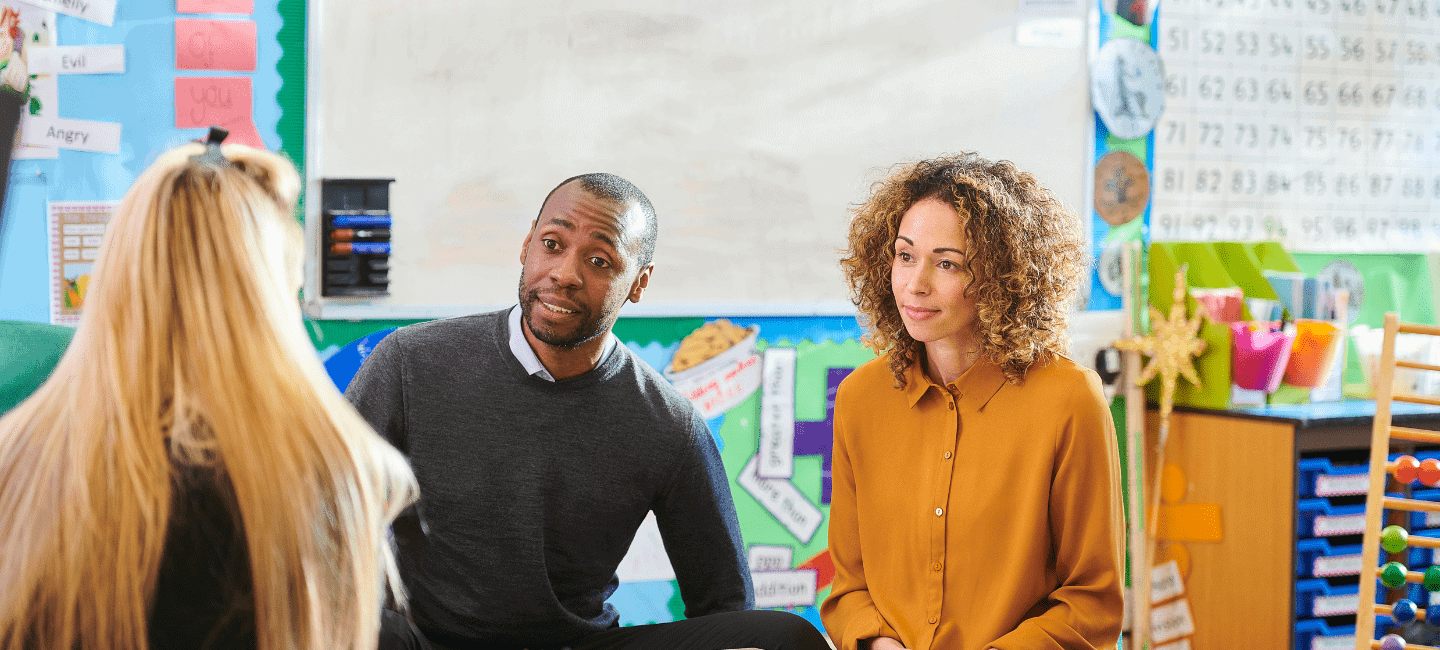
In order to ensure that the therapy a child receives at school is effective, the needs of both the child and the parent must be considered. When providing therapeutic supports, it is crucial that all stakeholders have a shared level of respect and trust and that a foundation of transparent communication is built to ensure the best possible outcome for children with special education needs.
How important is it for people with learning disabilities to be part of an inclusive alumni network in order to effectively transition into the future?
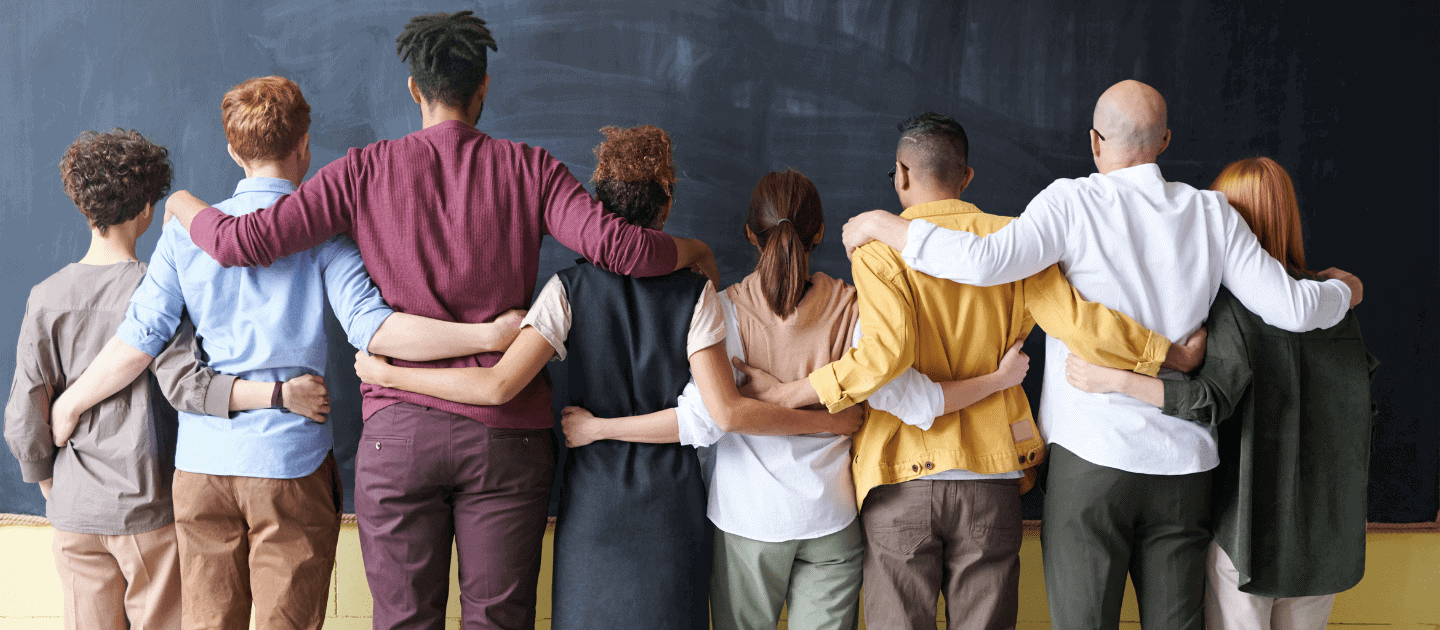
As special educators, we likely spend a lot of energy seeking the best inclusive practices within the school setting, but what happens after our students transition to other educational or work settings?
Supporting the Inclusion of Students with Disabilities in Physical Education: Dismantling the Ableist Discourse
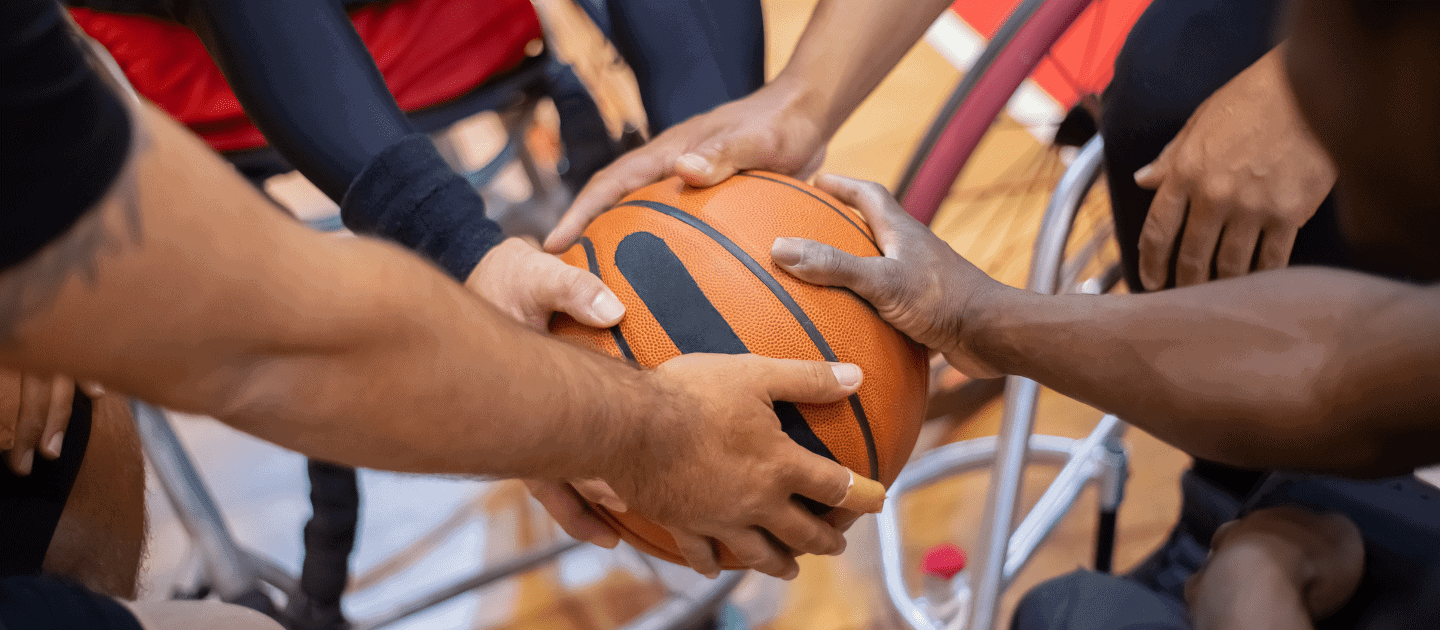
Students with disabilities continue to be excluded from meaningful participation in physical education.
Teacher Self-Efficacy: A Key Factor in the Success of Inclusive Education
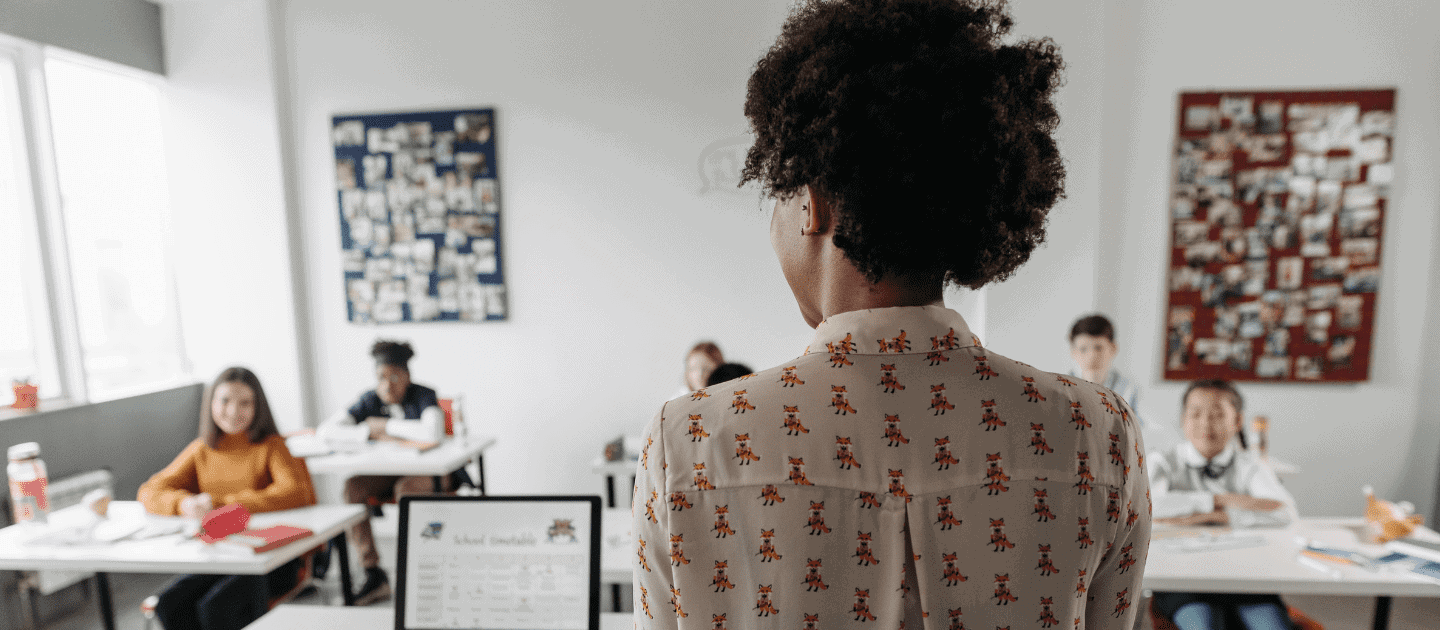
While equal rights of participation of children with disabilities in education is uncontested from an ideological standpoint, the degree to which it succeeds in any context is highly dependent on a number of factors.
Words Have Power: Ensuring language-rich environments for students with autism
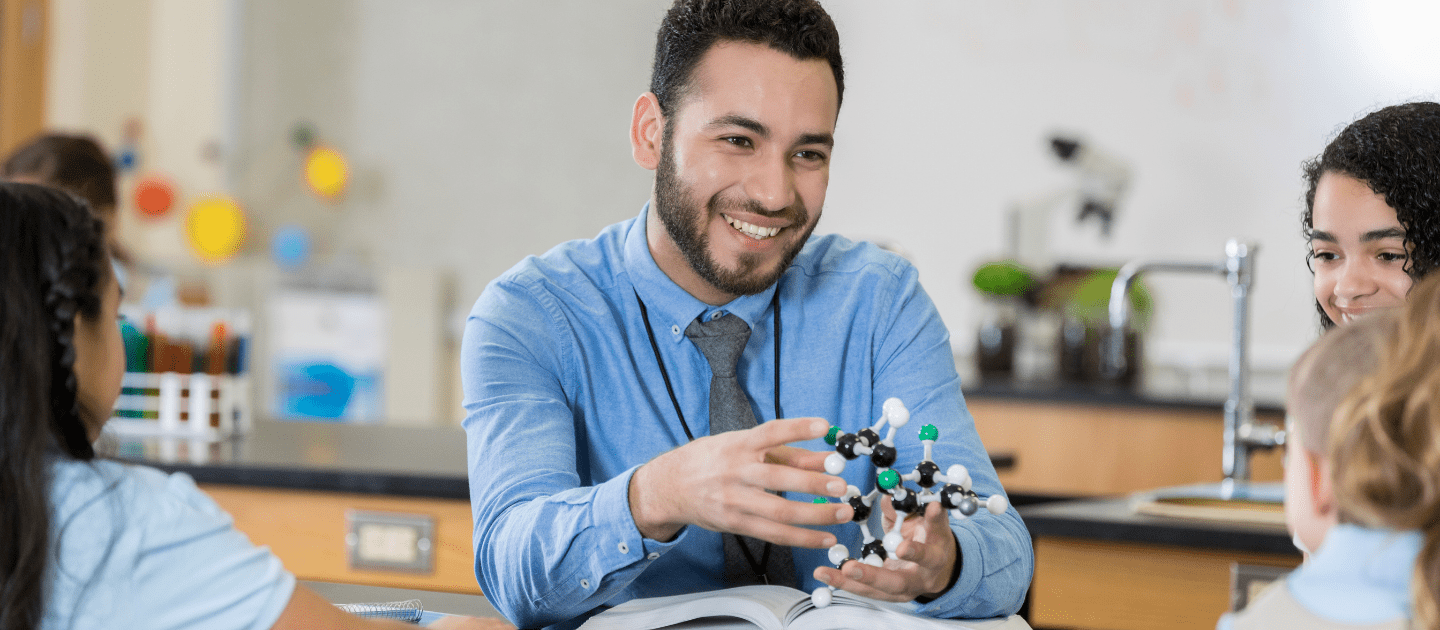
Teacher language within general and special education classrooms differs for students with autism, resulting in potentially negative impacts.
Can school-wide interventions change school climate?

School climate is a critical component for successful school outcomes. The type of engagement occurring between students, faculty, and the community, the level of safety, and environmental factors all affect school climate.
Contradictory Findings on Peer Outcomes in Inclusive Settings Indicate Need for Common Definition of Inclusion in Special Education

Prevailing research on the experiences and learning outcomes of typically developing peers in inclusive settings present more questions than answers.
